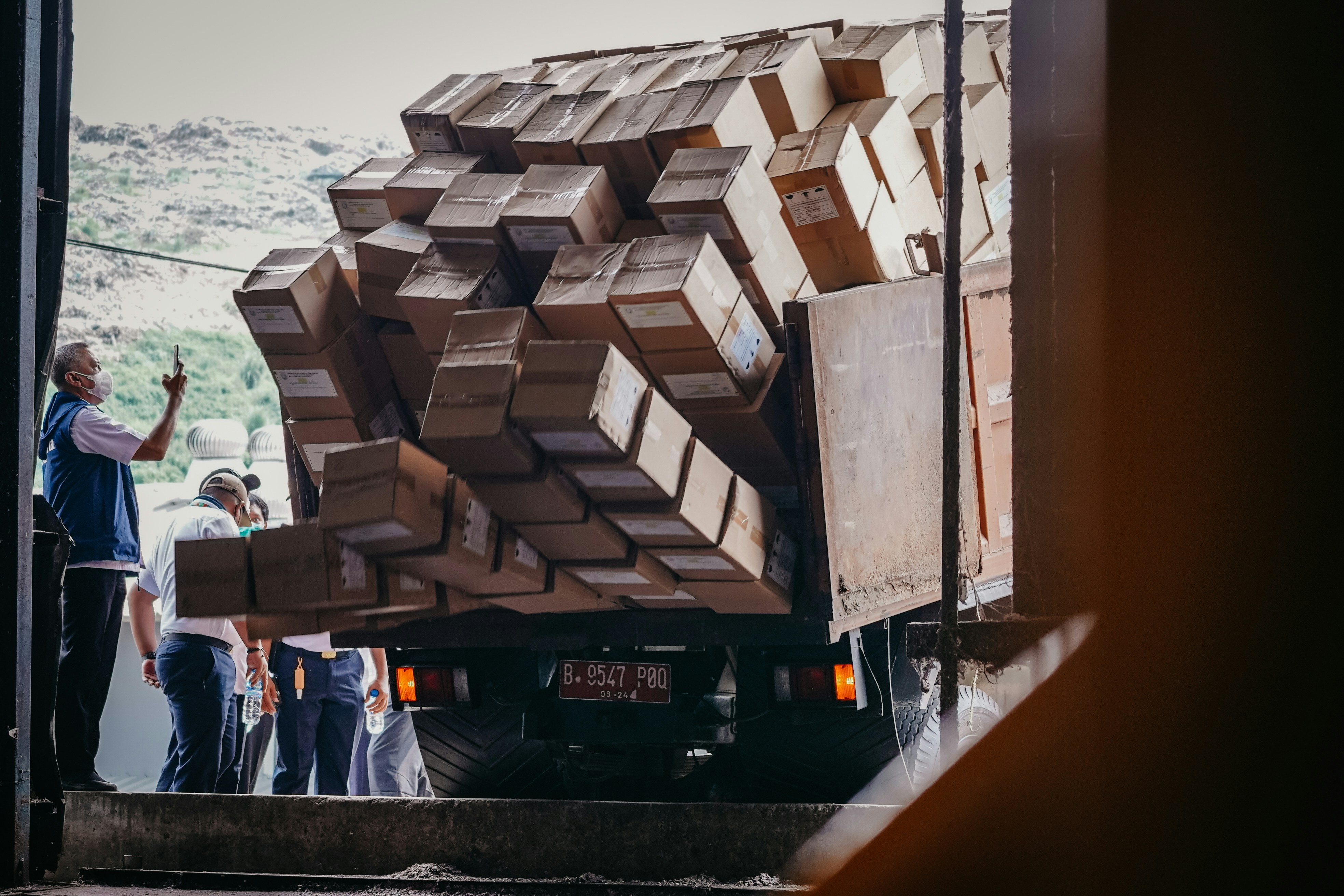
End-to-end logistics refers to the complete process of managing the flow of goods from the point of origin to the final destination — encompassing planning, procurement, production, warehousing, transportation, and delivery. This holistic approach is vital for businesses aiming to improve supply chain visibility and optimize operations.
In contrast to fragmented logistics strategies, end-to-end logistics aims to unify every link in the chain. Whether goods are moving through international logistics services or localized networks, this model ensures seamless coordination.
By streamlining processes, businesses save time and reduce costs. Improved forecasting, optimized routing, and consolidated shipments mean fewer delays and reduced expenses.
Traditionally, businesses outsourced different aspects of logistics — warehousing to one company, freight forwarding to another, and last-mile delivery to yet another. While this can work, it often creates data silos, increased handoffs, and accountability issues.
A single-provider model offers a unified solution that reduces operational complexity. This approach is particularly beneficial for businesses operating in fast-moving sectors such as retail, manufacturing, or pharmaceuticals.
In Sri Lanka, many companies are shifting from multiple vendors to third-party logistics companies that offer complete door-to-door logistics services, especially for international exports in apparel or tea.
Integrated freight forwarding is the linchpin of end-to-end logistics. It connects international cargo movement with local warehousing and final delivery. Using advanced logistics transport networks, providers manage shipping routes, customs, tracking systems, and compliance.
This integration helps eliminate redundancies and errors, streamlining everything from container scheduling to documentation.
Door-to-door logistics services ensure that goods are picked up from the seller’s location and delivered directly to the buyer, eliminating the need for intermediaries or multiple vendors. It simplifies the customer experience and enhances accountability.
For e-commerce businesses, this is a game-changer. It allows for faster deliveries, better tracking, and happier customers.
South Asia is home to some of the fastest-growing economies. With this growth comes increasing complexity in logistics — due to infrastructure challenges, customs regulations, and fragmented service providers.
End-to-end logistics provides a competitive edge:
In Sri Lanka, for instance, integrated logistics solutions allow exporters to reach key markets efficiently while maintaining quality and compliance.
Businesses that invest in end-to-end logistics are better positioned for growth and agility in global markets. Whether you're a manufacturer, e-commerce brand, or a freight-forwarding agent, integrated logistics isn't just an upgrade — it's a necessity for long-term resilience.